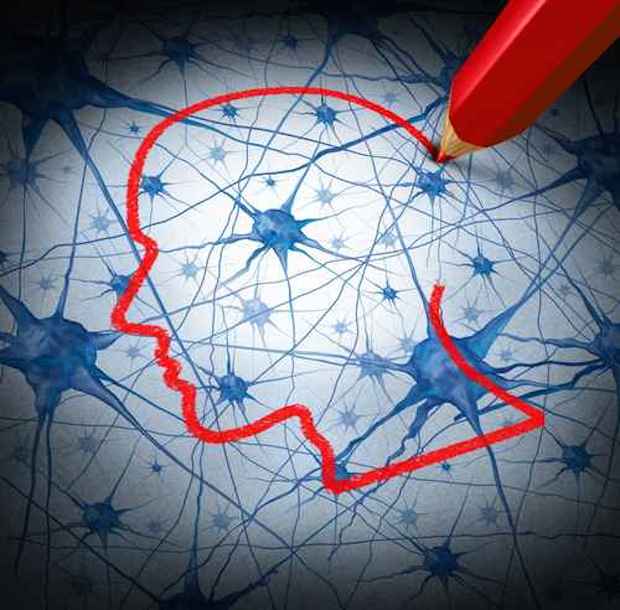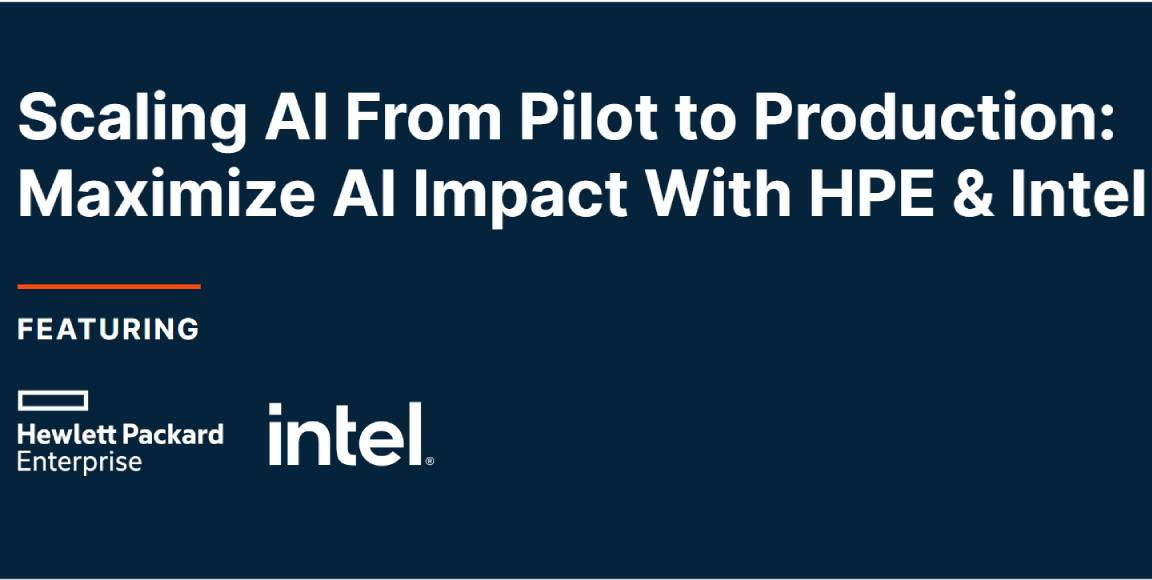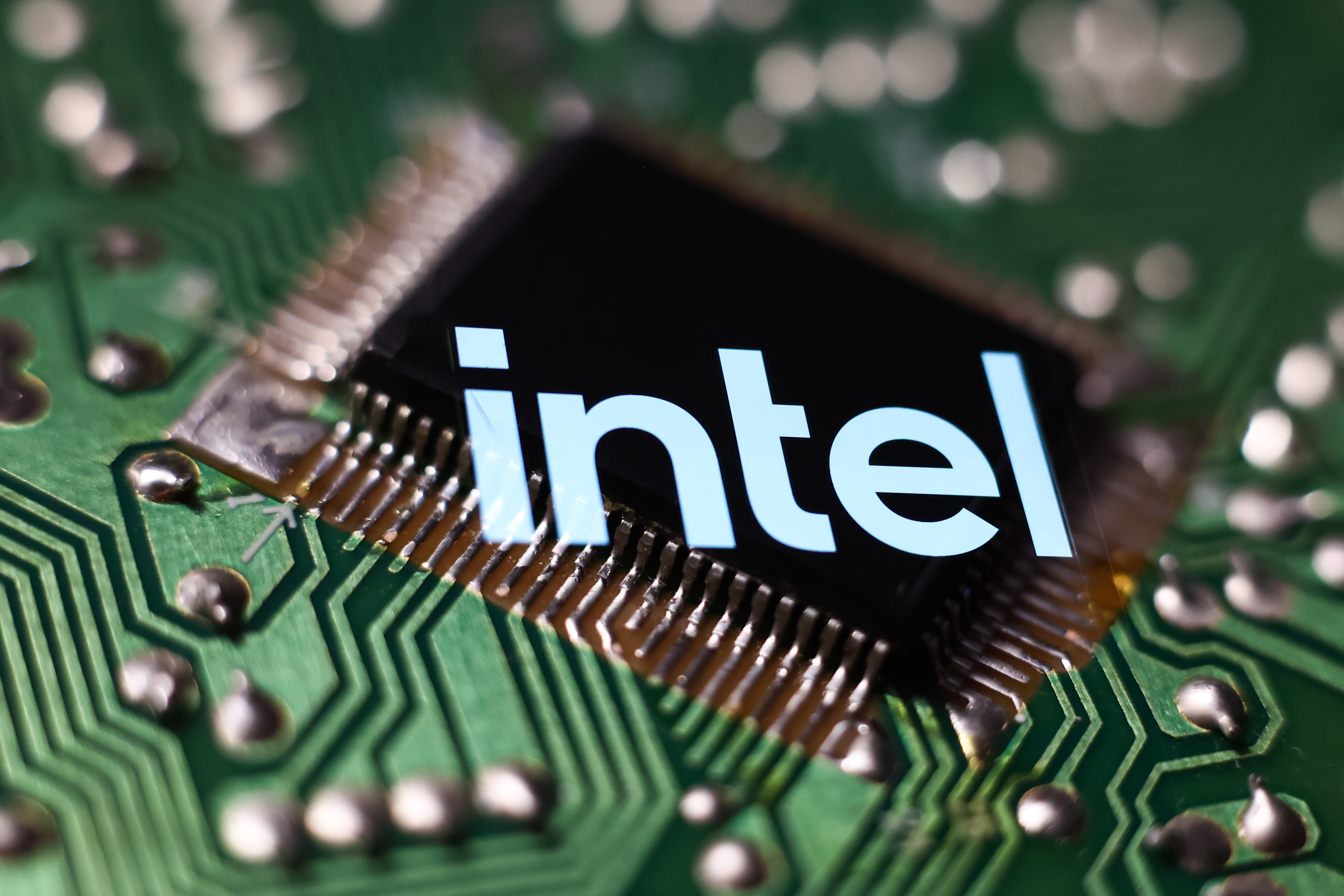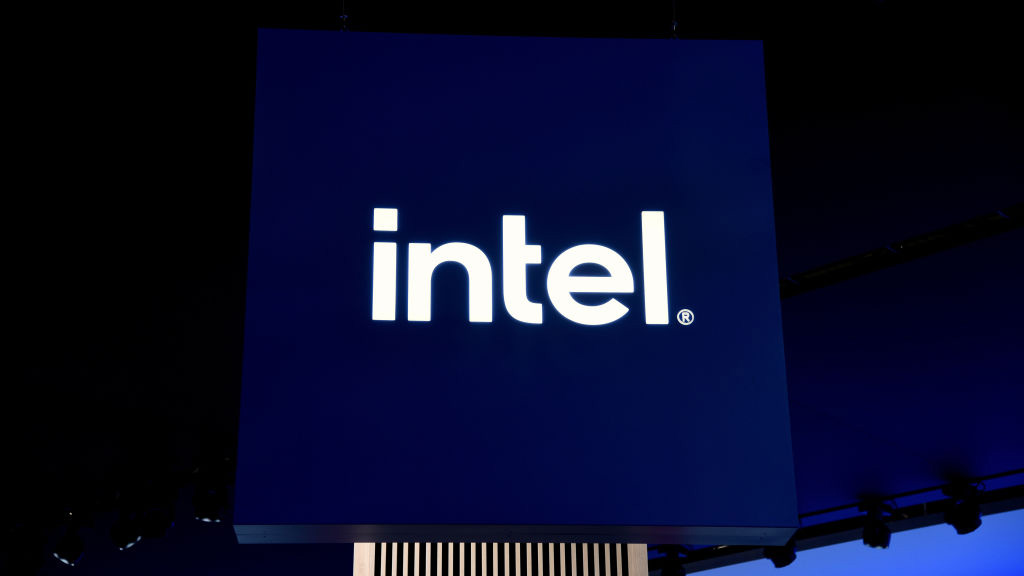Michael J Fox collaborates with Intel on big data & wearables initiative to help monitor Parkinson's Disease
The devices and advanced technology will monitor symptoms in Parkinson's disease patients to better track the effects as it progresses


The Michael J. Fox Foundation and Intel have teamed up to produce wearables to help monitor Parkinson's disease in patients.
The collection of data from these smart watches will be sent to a new Intel-built big data analytics platform integrated into the chip-maker's open source Cloudera that can detect symptom patterns. Researchers then analyse these patterns and develop algorithms to measure symptom intensity, sleep patterns and disease progression.
The initial research included equipping 16 Parkinson's patients and nine control volunteers with the devices for four days, monitoring 300 data points every second. This generated a huge volume of data - amounting to 1GB per patient, per day - transmitted via smartphone to Intel's servers.
Later this year, phase two of the project will launch. This is comprised of a mobile app that allows patients to input extra data, such as the medication they are taking, other symptoms and feelings. These can then be analysed alongside the data from the wearable to give a more rounded view of each patient's experiences. The data can also be used to analyse& the 'effects of medication on motor symptoms via changes detected in sensor data from wearable devices'
Todd Sherer, chief executive of the Michael J. Fox Foundation, said: "This opportunity really will allow us the chance to uncover novel breakthroughs in Parkinson's disease by truly understanding how people are living with the disease today, how are they responding to treatments, what are their unmet needs."
Intel is hoping to open up its data analytics platform so it can be used by third-party researchers with wearables manufactured by other companies. Intel said the capacity is there to monitor and store other types of data such as patient, genome and clinical trial information.
Intel's medical application isn't the first to monitor wellbeing. Earlier in the year, Apple announced its Healthkit that can monitor someone's health using a number of different sensors. This information could then potentially be sent to an individual's GP via an app, alerting them to any significant changes.
Sign up today and you will receive a free copy of our Future Focus 2025 report - the leading guidance on AI, cybersecurity and other IT challenges as per 700+ senior executives
Samsung launched its Simband in May. which can also sense various changes in a person's body, while Google's Google Fit software can assess an individual's health by analysing data sets provided by a range of third party sensors and devices.

Clare is the founder of Blue Cactus Digital, a digital marketing company that helps ethical and sustainability-focused businesses grow their customer base.
Prior to becoming a marketer, Clare was a journalist, working at a range of mobile device-focused outlets including Know Your Mobile before moving into freelance life.
As a freelance writer, she drew on her expertise in mobility to write features and guides for ITPro, as well as regularly writing news stories on a wide range of topics.
-
 Gaining timely insights with AI inferencing at the edge
Gaining timely insights with AI inferencing at the edgeWhitepaper Business differentiation in an AI-everywhere era
-
 Scaling AI from pilot to production: Maximize AI impact with HPE & Intel
Scaling AI from pilot to production: Maximize AI impact with HPE & IntelWhitepaper Transform AI proof-of-concepts into full-scale implementations
-
 UK supercomputer boom as HPE and Dell receive funding for new AI cluster
UK supercomputer boom as HPE and Dell receive funding for new AI clusterNews The UK’s AI computing capabilities will increase by an order of magnitude in 2024
-
 AI gold rush continues as Hugging Face snags $235 million from IBM
AI gold rush continues as Hugging Face snags $235 million from IBMNews The investment round, which brings the company's valuation to $4.5 billion, also includes Amazon, Google, Intel, and Salesforce
-
 Why is ASUS reviving Intel’s NUC mini-PC line?
Why is ASUS reviving Intel’s NUC mini-PC line?News The diminutive PC is to rise again while analysts look for the business case
-
 Intel targets AI hardware dominance by 2025
Intel targets AI hardware dominance by 2025News The chip giant's diverse range of CPUs, GPUs, and AI accelerators complement its commitment to an open AI ecosystem
-
 Why aren’t factories as smart as they could be?
Why aren’t factories as smart as they could be?Whitepaper How edge computing accelerates the journey to a remarkable factory
-
 Who needs Intel vPro®, An Intel® Evo™ Design, anyway?
Who needs Intel vPro®, An Intel® Evo™ Design, anyway?Sponsored With flexible work on the up, the demand for high performance on-the-go business laptops has never been greater

